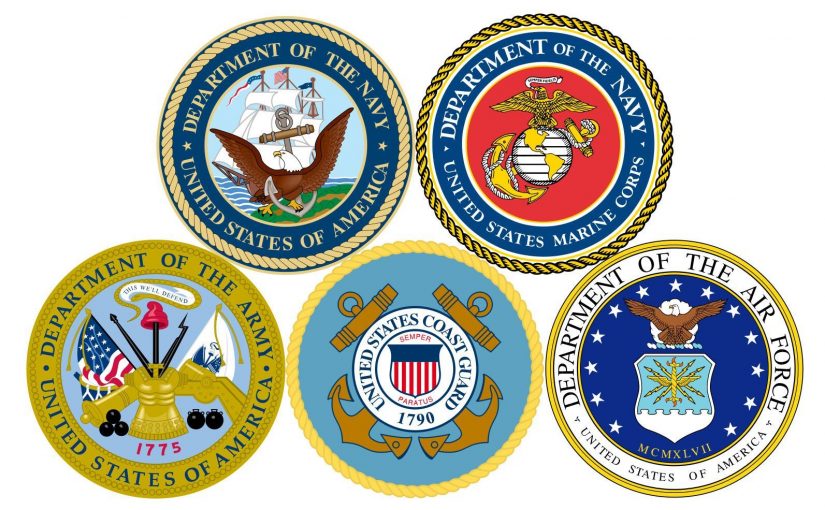During the summer of 2021, I participated in The Online Credential of Readiness (CORe) program by the Harvard Business School. In this article, I will share my experience so that future students that are interested in participating will be able to understand more about what to expect and decide if they are willing to commit to this program and gain an unbelievable experience. This program is funded by Lawrence University who is a collaborating college network with Harvard Business School.
What is CORe?
CORe consists of three courses: Business Analytics, Economics for Managers, and Financial Accounting. In each of the courses, you will get real-life scenarios from big companies like Apple, Amazon or Danaher, to smaller companies like a Yoga Studio in New York City or a Sports Ticket Seller in Boston. Classes are very interactive, with small videos in which the professors either explain the theory of the subject or interview someone relevant in the company, talking about that specific subject. These videos are usually between 2 to 15 minutes long. After each of the videos, there are usually some questions that you have to answer in order to go on or a page or two to read. There are also the so-called “Cold Calls” in which students will get randomly selected and will be asked a question that they will have only 2 minutes to answer. Although these questions aren’t graded, they are a way to keep the students on their toes, and personally, they forced me to listen and focus more, so that I could make sure to answer the questions correctly and move on. Throughout the course, you will also participate in discussions with your peers and ask them to try to explain a subject in a simpler way. In my case, one of my peers created a Whatsapp group in which we were all able to communicate and share our thoughts. I was even able to connect with many of them on LinkedIn.
Business Analytics
The Business Analytics class was probably my favorite one because it explained really complicated subjects in a very simple way that was easy to understand. It also demonstrated how real companies use these analytical techniques to manage and predict their sales, inventory, and forecasting staffing needs. This course taught me how to develop a data mindset, how to analyze and interpret data to make important business decisions and learn about regression analysis.
Economics for Managers
The Economics for Managers class was very interesting and was a good blend between economic theory and real-life scenarios, understanding how fundamental economic principles can be impacted by our day to day decisions. More in specific, we learned how to develop effective pricing strategies and identify sources of competitive advantage through differentiation.
Financial Accounting
Financial Accounting is the language of business, everyone that is willing to get into business needs at least some knowledge about how financial accounting works. This class will give you very important information that you need to know in order to understand how financial statements work, how to prepare and evaluate financial forecasts, and see how managers, Wall Street analysts, and entrepreneurs use accounting to drive strategic decision-making.
When is the best time to do it?
Although this course would be beneficial for anyone at any age, I believe that the best time to complete this course would be just after your first year at Lawrence. If you are studying economics, chances are that in your sophomore year you will go over the “sequence”, doing Microeconomics, Econometrics, and Macroeconomics. By participating in CORe, you will go over many of these subjects already, which will you an advantage in understanding these concepts early. This course can also be helpful for students who are not majoring in economics who are trying to get more of a business mindset and understand the basic concepts of these three very important courses.
Other than the advantage of understanding these concepts before anyone else, having completed a course from Harvard Business School will also be a great addition to your resume. Since getting an internship after the first year in college is unlikely, by completing this course, you will be able to add an incredible experience to your resume that is directly related to your major. This will show recruiters that not only do you have more knowledge than other candidates for completing the course but also that you are willing to go the extra mile to learn and improve yourself. HBS CORe is a great way to add the “Harvard” brand to your resume, learn some very important skills you need for any business setting, and put yourself on a higher pedestal that could be the difference between getting hired for a job, or not.
To apply to CORe, you will need to go through Lawrence Career Services who will help you get the funding necessary and give you the right directions to move on. Applications will open in the early winter term, so stay tuned for more, and don’t hesitate to reach out if you have any questions.
Oliver De Croock ’24, Student-Athlete at Lawrence University majoring in Economics and Career Peer Educator. Connect with me on LinkedIn.

